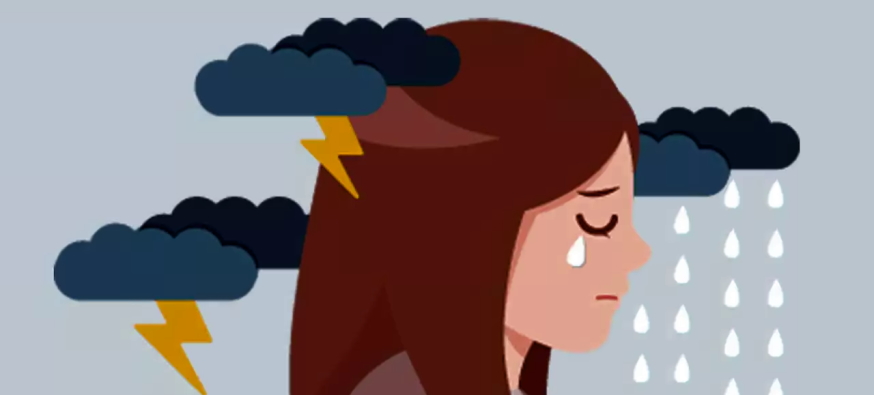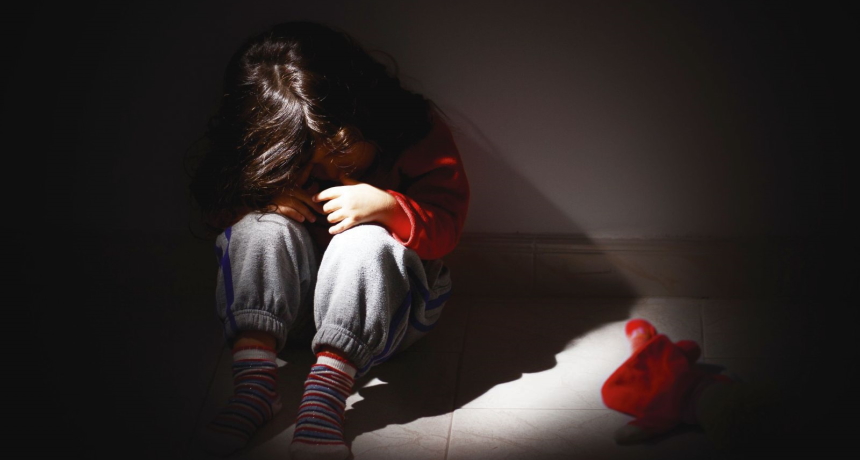Psychological trauma is a reaction to an incident that is extremely traumatic for an individual. For example, a war zone, a natural disaster, or an accident. A variety of physical and emotional effects may be caused by trauma.
Not everybody who has a traumatic experience suffers trauma. There are also different trauma forms. Some people show symptoms after a few weeks, while others have longer-term effects.
People may overcome the root cause of trauma with therapy and find positive ways of coping with their symptoms.
In this article we address different symptoms of having the emotional traumaand the recovery options available.

What is trauma?
Any incident a person considers physically or emotionally threatening or damaging may be traumatized.
A traumatized individual may experience a variety of emotions instantly and in the long run. You may feel exhausted, powerless, surprised or difficult to process your experience. Physical signs can also arise from trauma.
Trauma may have a long-term impact on the well-being of the victim.
Trauma may cause body response to battle or flight. The research indicates aerobic exercise may be a successful treatment for people with PTSD. People may try to exercise for at least 30 minutes a day on most days of the week.

When to request help
Persons with chronic or serious trauma symptoms should seek treatment from a mental health provider. It is particularly necessary to seek assistance if the effects of trauma interfere with everyday working or relationships with others.
And people with mild symptoms may feel better when talking to others.
At some point in their lives, most people would experience a traumatic incident. Some may suffer shock and anxiety symptoms and most of them will recover in a short period of time.
A minority will have more long-term traumatic symptoms, such as PTSD. Therapy and self-care can help people with chronic trauma symptoms to control and improve the quality of life of these symptoms.









